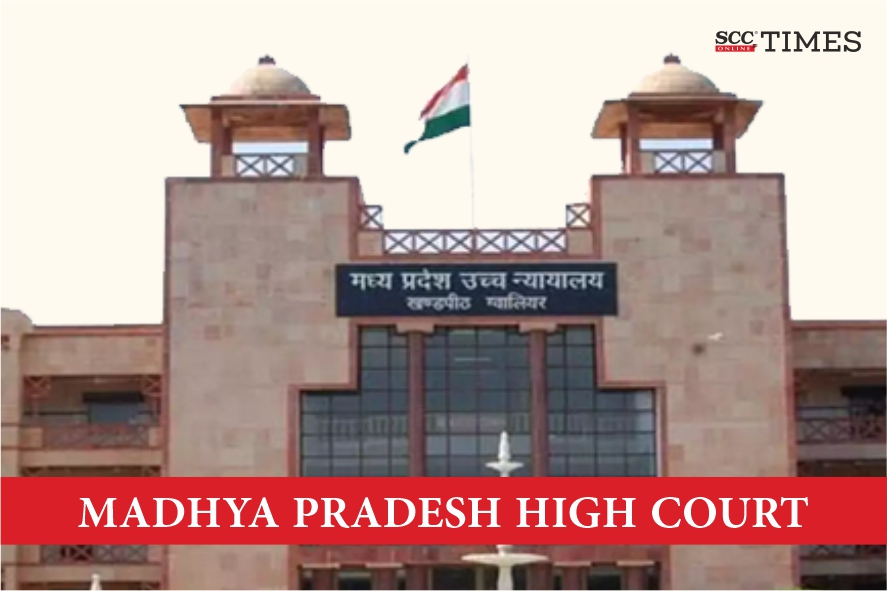Madhya Pradesh High Court: In a Criminal Revision against the order of Session Court framing charge under Section 306 of Penal Code, 1860 (IPC), abetment of suicide, against the wife, a single-judge bench comprising of G.S. Ahluwalia, J., held that the allegations against the applicant were trivial and did not amount to abetment of suicide, “there must be proof of direct or indirect acts or incitement of commission of suicide”. Considering the lack of evidence indicating instigation or intentional aid, the Court held that no case was made out against the applicant under Section 306 of IPC.
In the instant matter, the applicant-wife filed a Criminal Revision under Sections 397 and 401 of CrPC against the order dated 18-07-2022 passed by the Sessions Judge, Umaria, wherein charges under Section 306 of IPC were framed against her. The deceased, husband of the applicant, committed suicide by hanging himself in his government accommodation. The prosecution alleged that the applicant’s behavior towards her in-laws and her husband was not conducive, leading to abetment of suicide. Various instances were cited to establish the alleged harassment by the applicant towards the deceased, including her failure to prepare meals for her husband, her habit of leaving her child in the neighborhood and going to the market for shopping purposes. It was further alleged that the deceased was compelled to do household chores and that the applicant would visit her parental home without informing the deceased.
The Court examined the law governing the offense of abetment to commit suicide under Section 306 of IPC and Section 107 of the IPC, defining abetment. The Court cited various precedents including Chitresh Kumar Chopra v. State (Govt. of NCT of Delhi), (2009) 16 SCC 605; Praveen Pradhan v. State of Uttaranchal, (2012) 9 SCC 734, to establish the legal principles regarding the interpretation of “instigation” and “abetment” in cases of suicide, emphasizing the need for clear mens rea and a direct or indirect act of incitement.
The Court noted that even if the entire allegations are accepted, it cannot be presumed that there was any instigation on the part of the applicant. The Court noted that mere trivial allegations and disputes within domestic life cannot be construed as instigation or abetment unless there is proof of direct or indirect acts inciting the commission of suicide. The Court stated that “acts involve multifaceted and complex attributes of human behaviour and reactions or in the cases of abetment, Court must look for cogent and convincing proof of acts of incitement of commission of suicide. Instigation means to goad, urge forward, provoke, incite, urge or encourage to do an act.” The Court evaluated the circumstances presented and found that the allegations against the applicant were of a trivial nature, commonly observed in domestic disputes. The Court emphasised that instigation involves provocation or incitement to commit suicide, which was absent in the present case. The Court held that there was no evidence to suggest that the applicant instigated or aided the deceased to commit suicide. Hence, the charges framed under Section 306 of IPC were not sustainable.
The Court allowed the Criminal Revision and set aside the order dated 18-07-2022 passed by the Sessions Judge, Umaria, framing charges under Section 306 of IPC. The Court discharged the appellant.
[Nisha Saket v. State of M.P., 2024 SCC OnLine MP 1406, order dated 20-03-2024]
Advocates who appeared in this case :
Shri Sourabh Singh Thakur, Counsel for the Applicant
Shri Dilip Parihar – Panel Lawyer, Counsel for the Respondent No. 1
Smt. Ranno Rajak, Counsel for the Respondent No. 2








